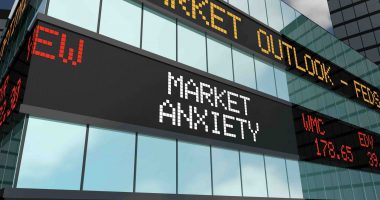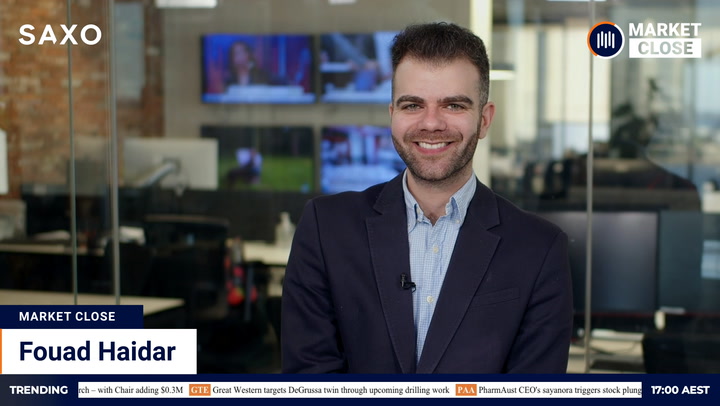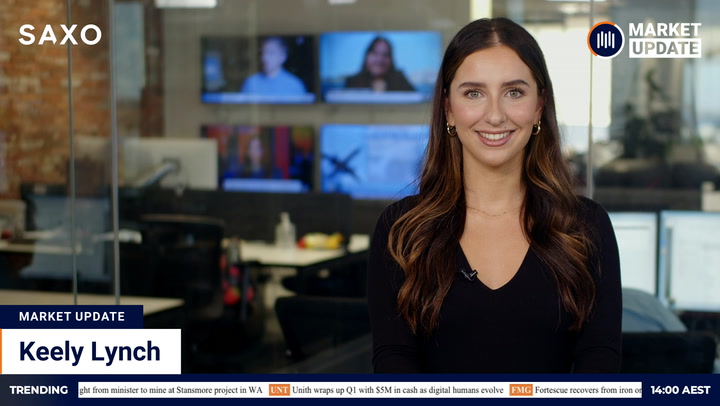You’ve probably heard of the “Magnificent 7” – a basket of tech stocks on the US markets so profitable, and boasting valuations so sensational, that nobody can help but to step back and watch in awe.
Or if you look at it another way, it’s just a bunch of tech megacaps. That’s Nvidia, Meta, Alphabet, Apple, Microsoft, Amazon, and Tesla.
You may even know these stocks from belonging to a different group we called FAANG a few years ago, which included Netflix at one point. More recently the above basket has become “the magnificent 7” – also the title of a 2016 shooter western.
Either way, it makes sense. If you consider the introduction of the home computer as kicking off a third great industrial revolution after farming and the printing press, it’s no surprise tech giants would come to be the juggernauts of our economies – and thus markets.
These stocks attract so much attention because the S&P500’s gains over the last 2-3 years have been driven largely by the ‘Mag7’s’ performance. A lot of the other 493 companies – still giants in their own rights – are only now just recovering from a brutal 2022-2024. And some aren’t recovering at all.
But there’s a catch. Depending on who you ask, those megacaps being so concentrated together could be a good thing or a bad thing for market participants.
If the historical moment we’re currently in – the S&P500 has broken nearly 20 all-time-highs in the first 2.5 months of the year and it’s up more than 6.5% – boils down in a large part to sentiment surrounding 7 massive companies.
So doesn’t that mean only one of those stocks has to go wrong to cause a big problem for the rally? After all, just this week, we saw a -5% decline in Nvidia overnight in a US session absolutely tank Australian sentiment, drag down the ASX200 by nearly -2% the next day.
But as we come to the end of Q1 of CY24, it’s possible we’re seeing the landscape change – a serious shake-up is already happening. At one point earlier this year, Tesla was the worst performer on the S&P500, and Apple has seen Goldman Sachs downgrade their conviction for the company as iPhone sales in China suffer greatly.
SAXO Australia Head of Direct Sales David Harvie sees both sides of looking at Mag7 – and he notes Tesla could have already left the building.
“As Tesla has declined a lot in market value, one could argue that Tesla is no longer part of that group, and it is now the Magnificent Six,” Harvie told HotCopper and The Market Online.
“Tesla’s weight in the S&P 500 index is now less than half of the smallest stock in the remaining six. Unless Tesla gets back on track, there is a risk that it will ‘drop out’ of the 7.
“Our view is that Tesla shareholders should prepare for more volatility this year as the company is in a transition year – things may change as Tesla’s next generation low-cost models enter production in 2025.”
So far, Tesla’s troubles clearly haven’t caused any real threat to overall market sentiment. But talking sentiment-based decisions, Harvie notes there’s a “real sense of FOMO in AI-related stocks” which is helping to push America’s new favourite stock, the microchip maker Nvidia, to sensational highs. (FOMO being “Fear of Missing Out.”)
With that comes some degree of risk, no matter how you look at it.
“The company [declared] to the media that AI has reached a “tipping point”, and [looking at] the market’s response to that, it’s a good indication the US equity markets are getting a little too hot,” Harvie said.
But it isn’t just sentiment, either. Nvidia has beaten earnings expectations 8 times in a row and boasts profit margins at 55% – that’s why everybody’s watching it.
“Nvidia’s results earlier this month were fairly incredible – our equity analyst in Copenhagen labelled them ‘insane’ and ‘defying the laws of financial markets.’ It’s fairly extraordinary for a company of this size to grow its revenue 265% year-on year,” Harvie said.
But then there’s the nature of growth – it can’t go on forever.
“Nvidia has now beaten earnings expectations 8 times in a row – it will become increasingly difficult for Nvidia to beat ever-increasing expectations of performance, which will inevitably lead to a disappointment at some point,” he said.
For now, it’s not clear what would happen were Nvidia to post a surprise string of earnings misses. The company also remains threatened by geopolitical risks surrounding its reliance on manufacturing in the advanced but contentious region of Taiwan.
“Saxo has for some time now encouraged investors to think carefully about how they’re diversifying their portfolio – are they considering bonds, which will rise in price as interest rates are cut? Are they looking at European stocks, with valuations that are less stretched?,” Harvie noted when asked whether Mag7 stocks could be a dangerous choice for the average person.
“Are they hedging things like their currency exposure? Concentration in any one particular market – whether it’s our home ASX, where many Australian investors are overconcentrated, or another market like the US market – is very risky.”






